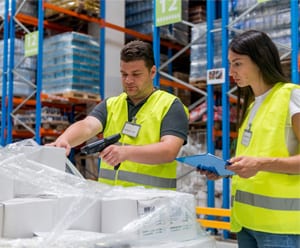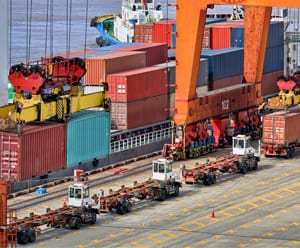Blockchain

Blockchain is more commonly associated with Bitcoin than with almonds. Yet, the potential of the technology has grown beyond cryptocurrencies and has allowed the Commonwealth Bank of Australia to successfully track a 17,000-kilogram shipment of almonds in a blockchain trade experiment.
Invented in 2008 by Bitcoin creator Satoshi Nakamoto, blockchain is a digital ledger that keeps a record of economic transactions. These records are referred to as blocks, linked together securely in a chain by cryptography. This database exists on a shared peer-to-peer network, hosted on millions of computers.
Every 10 minutes, the network reconciles all transactions in the database. This continual process ensures that transaction data is publicly transparent and cannot be altered. As no centralized version of the database exists, it is safe from hacking.
The reliability and integrity of the technology make it especially useful for implementation in the complex supply chain which often includes multiple stakeholders, processes and geographical areas.
With every stage of the supply chain recorded in the blockchain, and this data available to all parties in the ledger, the entire process can be trusted. It is clear who is responsible for each stage and if they completed their tasks. This record cannot be erased or altered so all parties can be sure of the integrity of the chain.
Download this trend report to explore how blockchain can unlock trapped value in logistics.












 English
English